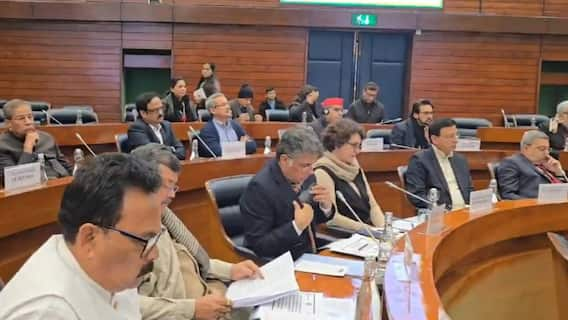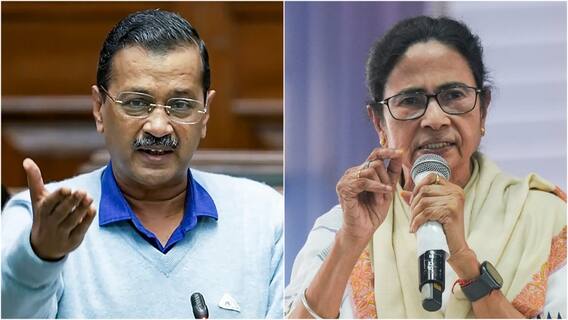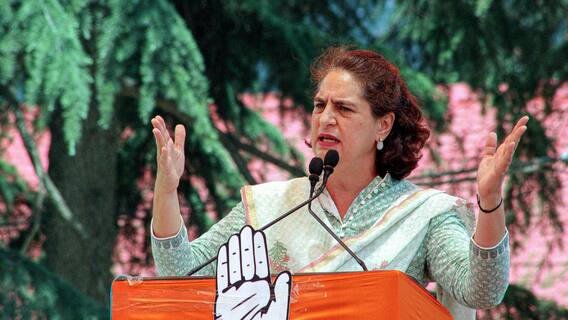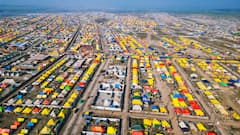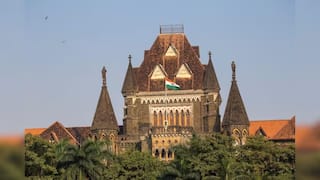PM Modi, Sheikh Hasina Jointly Inaugurate India-Bangladesh Friendship Pipeline
The first cross-border energy pipeline between India and Bangladesh has been built at an estimated cost of Rs 377 crore, of which the Bangladesh portion was built at a cost of Rs 285 crore.

New Delhi: Prime Minister Narendra Modi and his Bangladesh counterpart Sheikh Hasina on Saturday jointly inaugurated the India-Bangladesh friendship diesel pipeline, news agency ANI reported.
Prime Minister Narendra Modi and Bangladesh PM Sheikh Hasina inaugurate the India-Bangladesh Friendship Pipeline, via video conferencing. pic.twitter.com/JBOUFHkVzE
— ANI (@ANI) March 18, 2023
"In last few years, under the able leadership of PM Sheikh Hasina, Bangladesh has made remarkable progress. Every Indian is proud of that and we're delighted that we've been able to contribute to this development journey of Bangladesh," PM Modi said during the inauguration. "I am confident that this pipeline will further speed up the development of Bangladesh and be an excellent example of the increasing connectivity between both the countries," he added.
"Today is the start of a new edition of relations between India and Bangladesh. The India-Bangladesh friendship pipeline was initiated in September 2018... with the help of this pipeline Northern West Bengal districts will be provided 1 million metric tonnes of high-speed diesel. This will reduce the cost and will also reduce the carbon footprint of the supply," PM Modi said on the occasion.
The first cross-border energy pipeline between India and Bangladesh has been built at an estimated cost of Rs 377 crore, of which the Bangladesh portion was built at a cost of approximately Rs 285 crore.
The cost has been borne by the Indian government under grant assistance.
The friendship diesel pipeline has the capacity to transport one million metric tonnes per annum (MMTPA) of high-speed diesel. It will initially supply high-speed diesel to seven districts in northern Bangladesh.
According to reports, the operation of the pipeline will put in place a sustainable, reliable, cost-effective and environment-friendly mode of transporting diesel between the two neighbouring countries. It will further boost cooperation in energy security between the two countries.
Notably, the entire pipeline is 131.5 km long and the supply of diesel will start on an experimental basis in June this year.
Trending News
Top Headlines








